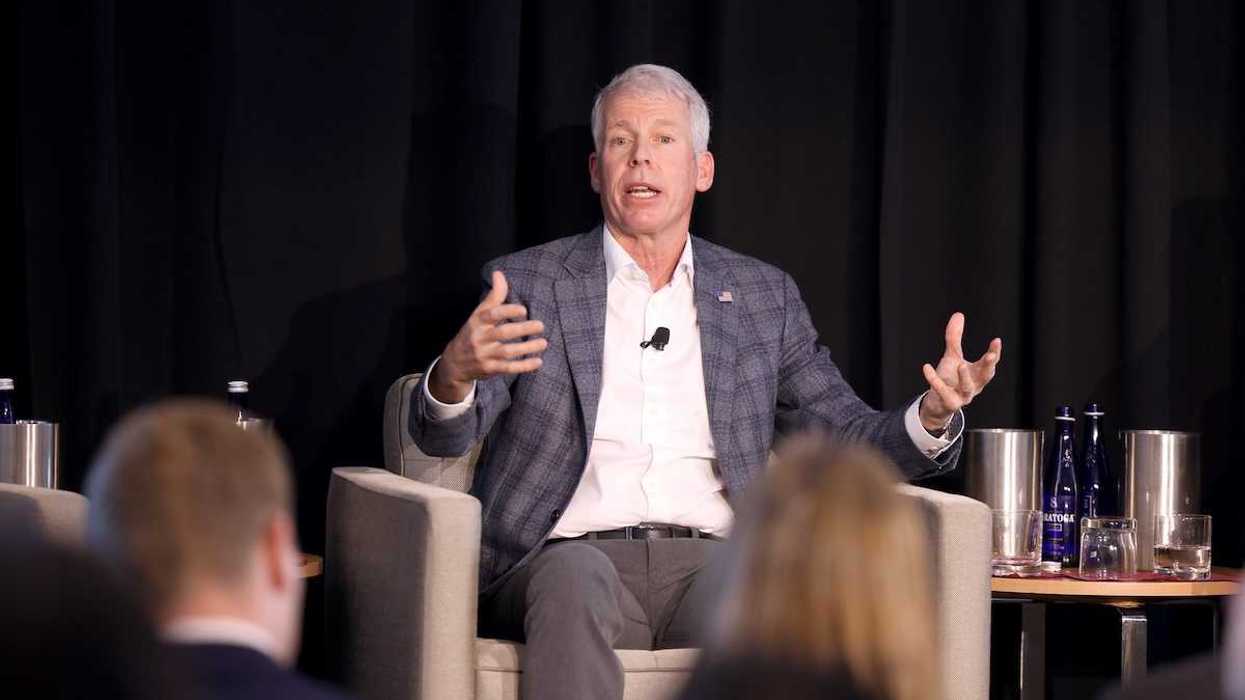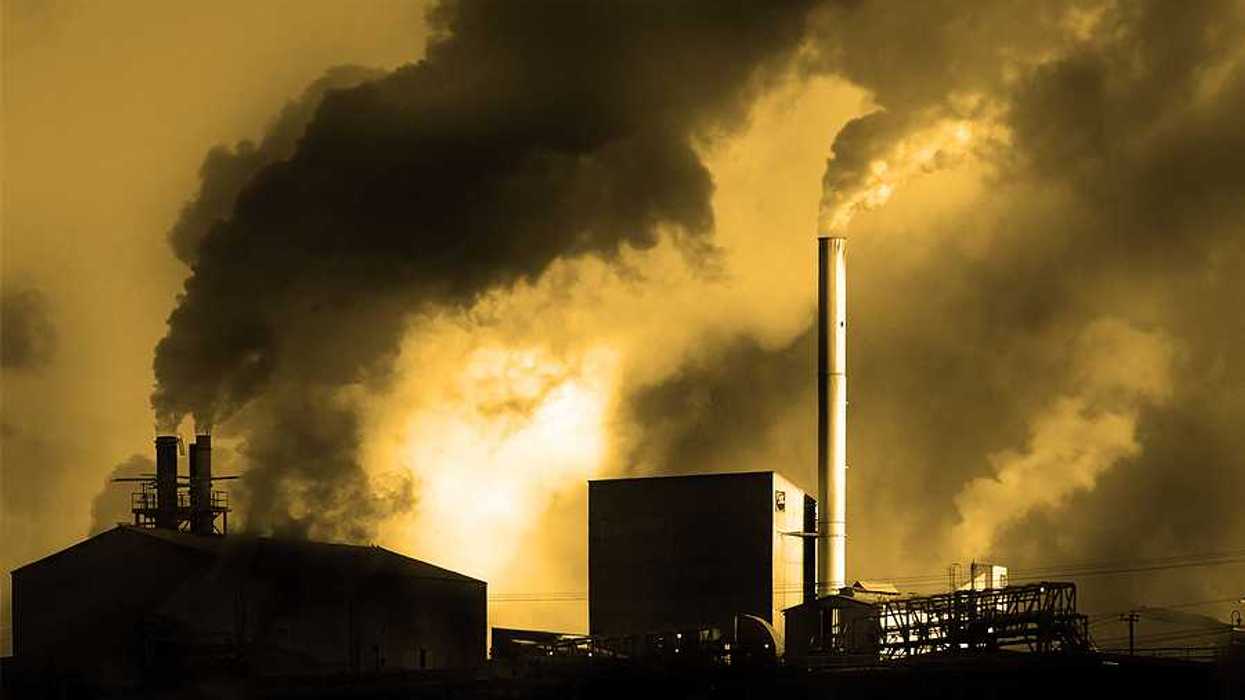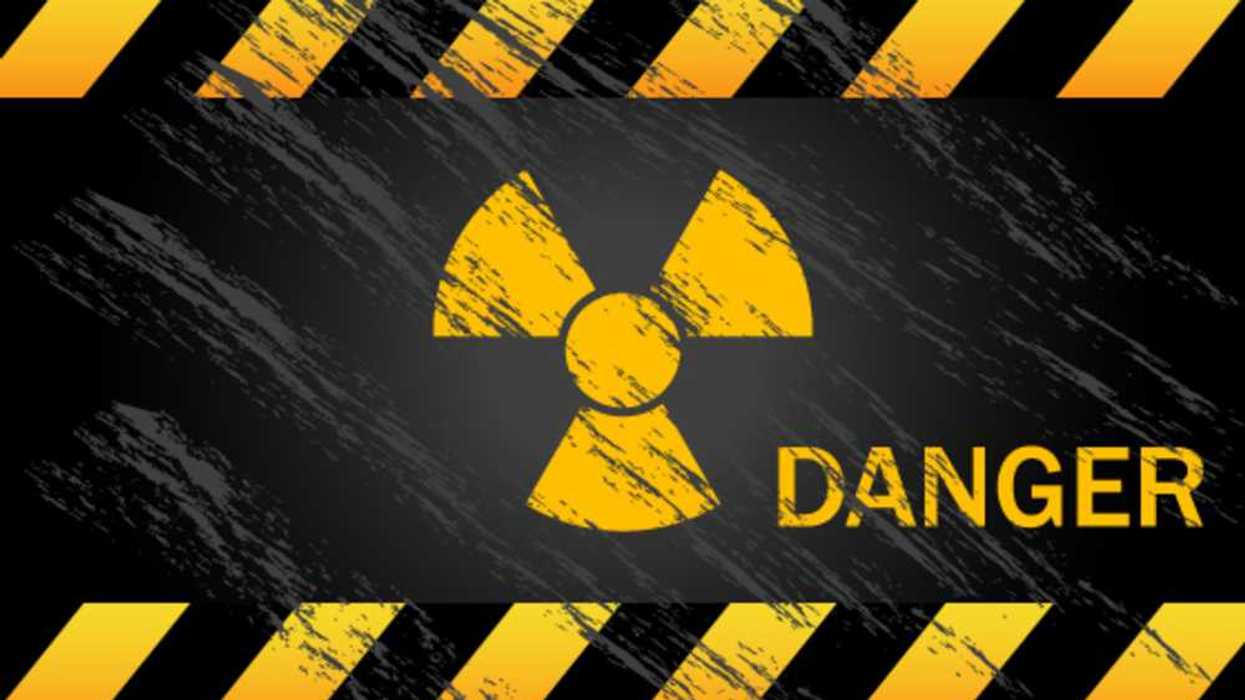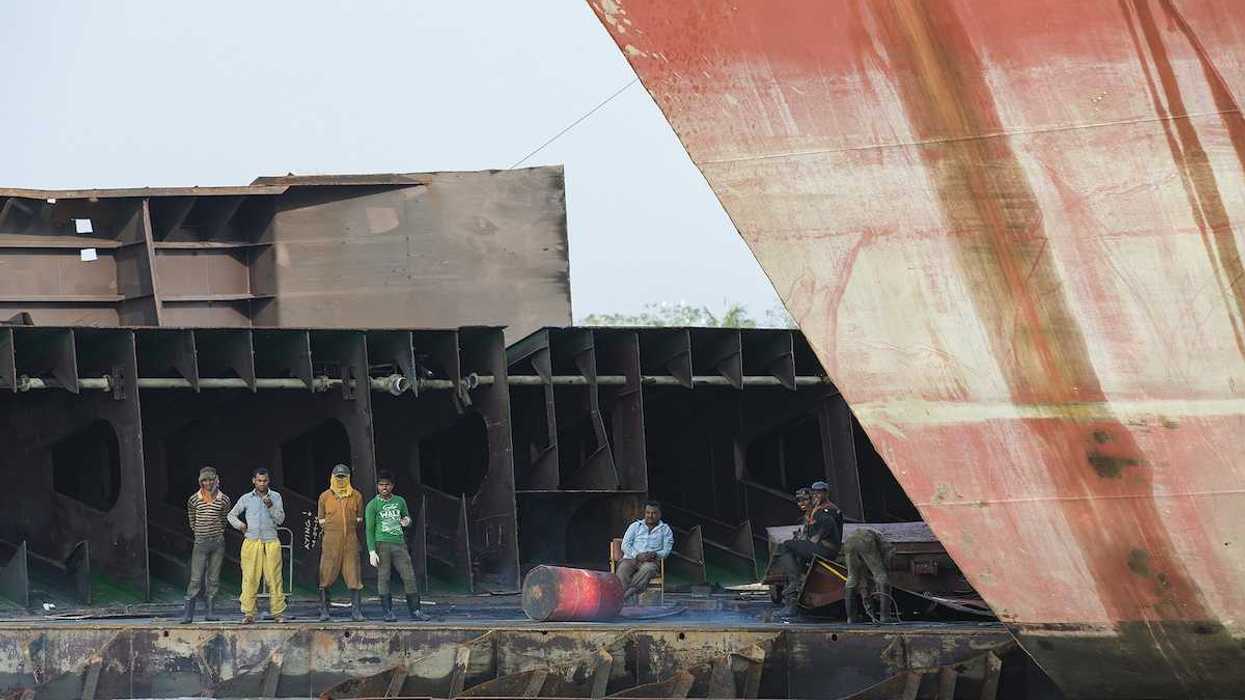Flash floods in Texas that killed more than 100 people over the Fourth of July weekend are testing the federal government’s new, limited role in disaster response under President Trump.
Patrik Jonsson reports for The Christian Science Monitor.
In short:
- President Trump declared a major disaster in Texas after deadly floods, unlocking Federal Emergency Management Agency (FEMA) aid despite his recent push to dismantle or downsize the agency.
- FEMA’s staff has shrunk by about 25% since 2024, and its responsibilities are being offloaded to states, even as extreme weather becomes more frequent and costly.
- Critics warn that reduced federal coordination could lead to inequities, especially for smaller states that depend heavily on national emergency funding and support.
Key quote:
“We, as a federal government, don’t manage these disasters; the state does.”
— Kristi Noem, secretary of Homeland Security
Why this matters:
Natural disasters are hitting harder and more often, but the federal government is scaling back its role in emergency response. FEMA was designed to mobilize resources that states alone often can’t afford — search and rescue, medical teams, flood insurance, and rebuilding funds. Without that support, the burden falls on state and local governments that vary widely in resources, capacity, and infrastructure. In wealthy, populous states like Texas, that may still leave gaps; in smaller or poorer states, it could mean entire regions go without adequate aid.
Read more: Trump’s FEMA cuts leave flood-prone cities scrambling for aid














